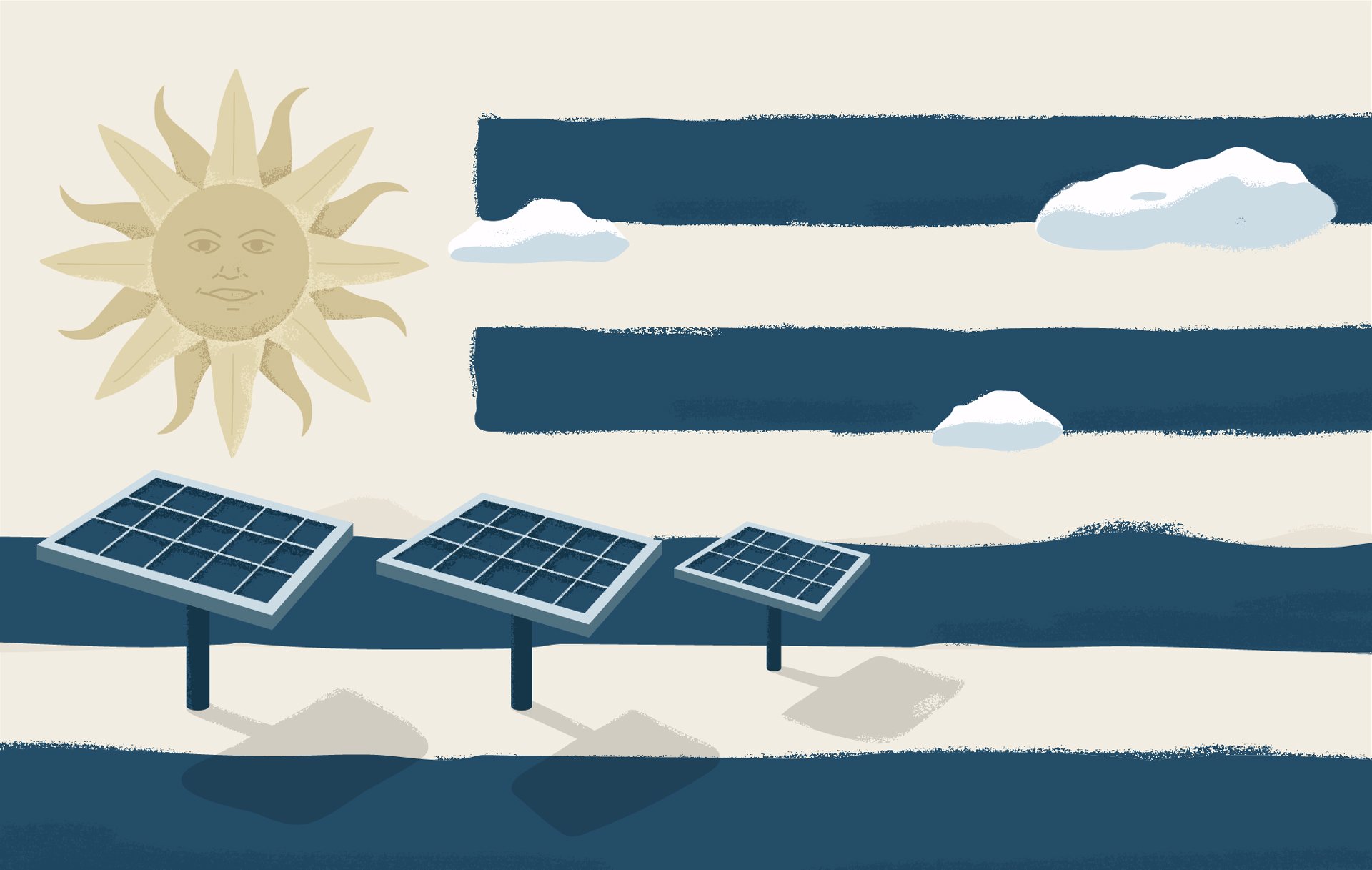“with wind the single-biggest contributor… Power production costs have declined “by almost half” … And the clean energy sector has created 50,000 new jobs… Ask me what was the impact on the electricity sector in Uruguay after this tragic war in Europe — zero.”



Because it’s an obvious psyop that took over almost every social media platform. No one was talking about nuclear then BOOM everyone was talking about nuclear all of a sudden with exactly zero mainstream public input from politicians or even marketing from nuclear power companies. People hate nuclear, because some of us have been alive long enough to remember Three Mile Island, Chernobyl, and Fukushima (the worst nuclear disaster in human history, 2011).
Here’s a list of every single nuclear meltdown/disaster/catastrophe https://en.wikipedia.org/wiki/Nuclear_and_radiation_accidents_and_incidents
The fission reaction to boil the water to spin the turbines is clean, but literally every single other facet of nuclear production, from mining, to enriching, to transport, to post-reaction storage (where nuclear waste inevitably always leaks) is disastrous for the environment.
I’m pretty sure you’re glossing over Germany replacing nuclear with coal, which has been probably been the largest story in nuclear since Fukushima.
Even including major disasters, nuclear is one of the safest and cleanest sources of power, and the only one poised to seriously displace fossil fuels in many places.
If anything, “Sunshine and rainbows” renewables are a psyop to help entrench fossil fuels long-term.
Specifically in regards to the “if it’s not perfect we shouldn’t even try” crowd, that’s exactly what it is. Imperfect solutions we can implement now are infinitely better than perfect solutions that come years too late
“Don’t allow Perfect to become the Enemy of Good.”
deleted by creator